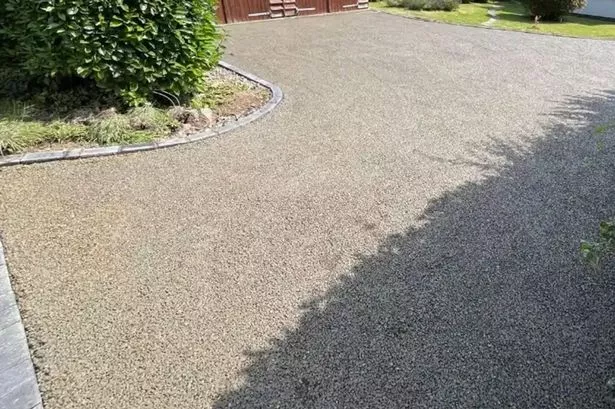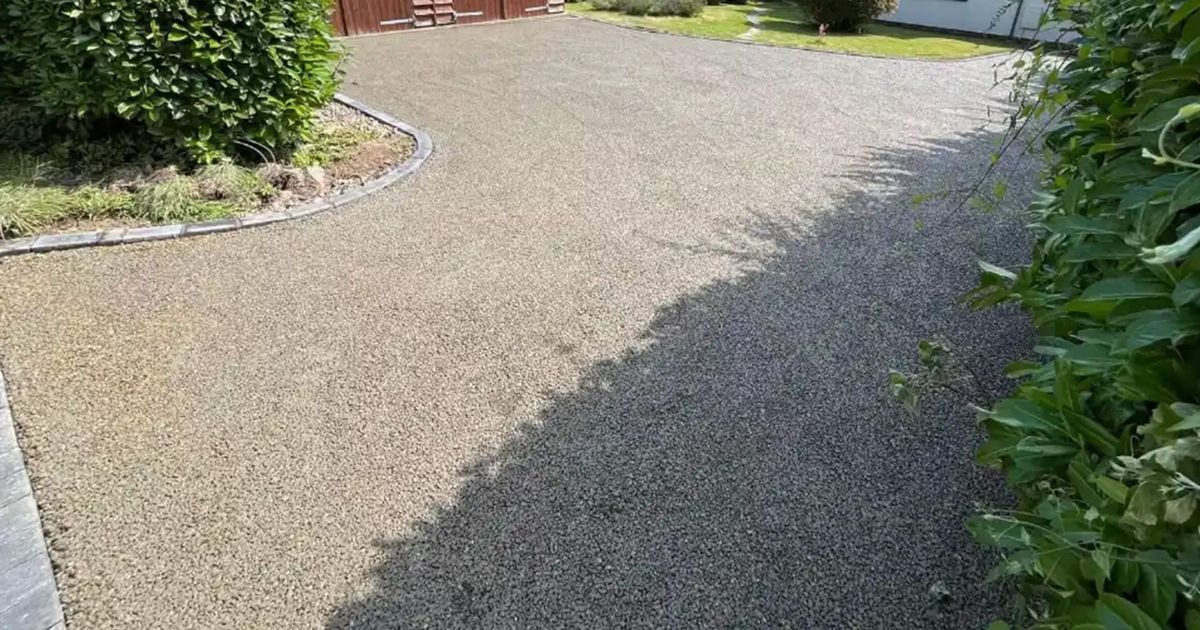The Department for Transport has announced that planning permission is no longer required for their installation in various locations across England. New rule for England households with a driveway now in force
New rule for England households with a driveway now in force
A new driveway rule in England is now in force after a little-known change earlier this year. The Department for Transport has announced that planning permission is no longer required for their installation in various locations across England.
Lewis Gardiner, operations director at Osprey Charging Network, hailed the announcement as “a hugely welcome and practical change that will make a real difference on the ground”.
The Labour Party minister Lilian Greenwood, Minister for the Future of Roads, said: “We’re cutting down on paperwork to power up the EV revolution so that drivers, businesses and those looking to make the switch will have more chargepoints to power from and less red tape to deal with.
READ MORE UK households with oak trees in garden face £20,000 fine after decision
“We continue to make the switch to EVs easier, cheaper and better by investing over £2.3 billion to support drivers and back British carmakers through international trade deals, creating jobs, boosting investment and securing our future.”
Gardiner added: “Removing the need for planning permission for essential electrical infrastructure like substations across the majority of sites will save months of delays, reduce costs and accelerate the delivery of the rapid charging hubs drivers need.”
Jack Cousens, head of roads policy at the AA, insisted the Government must do “all it can” to boost the number of EV chargers, noting that easing planning regulations “will help accelerate installations”.
He continued: “The crucial element is ensuring grid connection in a timely manner. This is especially important in rural locations and areas where there is no dedicated off-street parking.”
RAC’s senior policy officer Rod Dennis celebrated the announcement, saying that coaxing more drivers to choose an EV for their next car hinges on “removing the obstacles some people face”.
But he also tempered his words with a warning, saying that the “relatively high cost of public charging… still needs to be tackled”.
